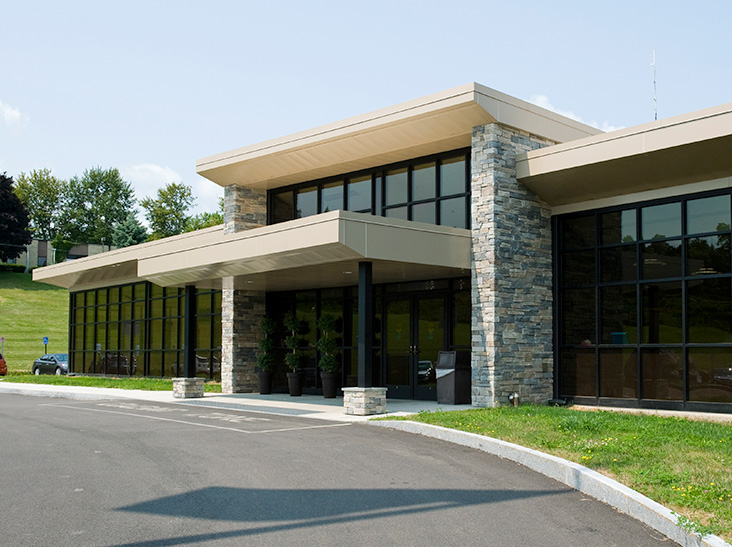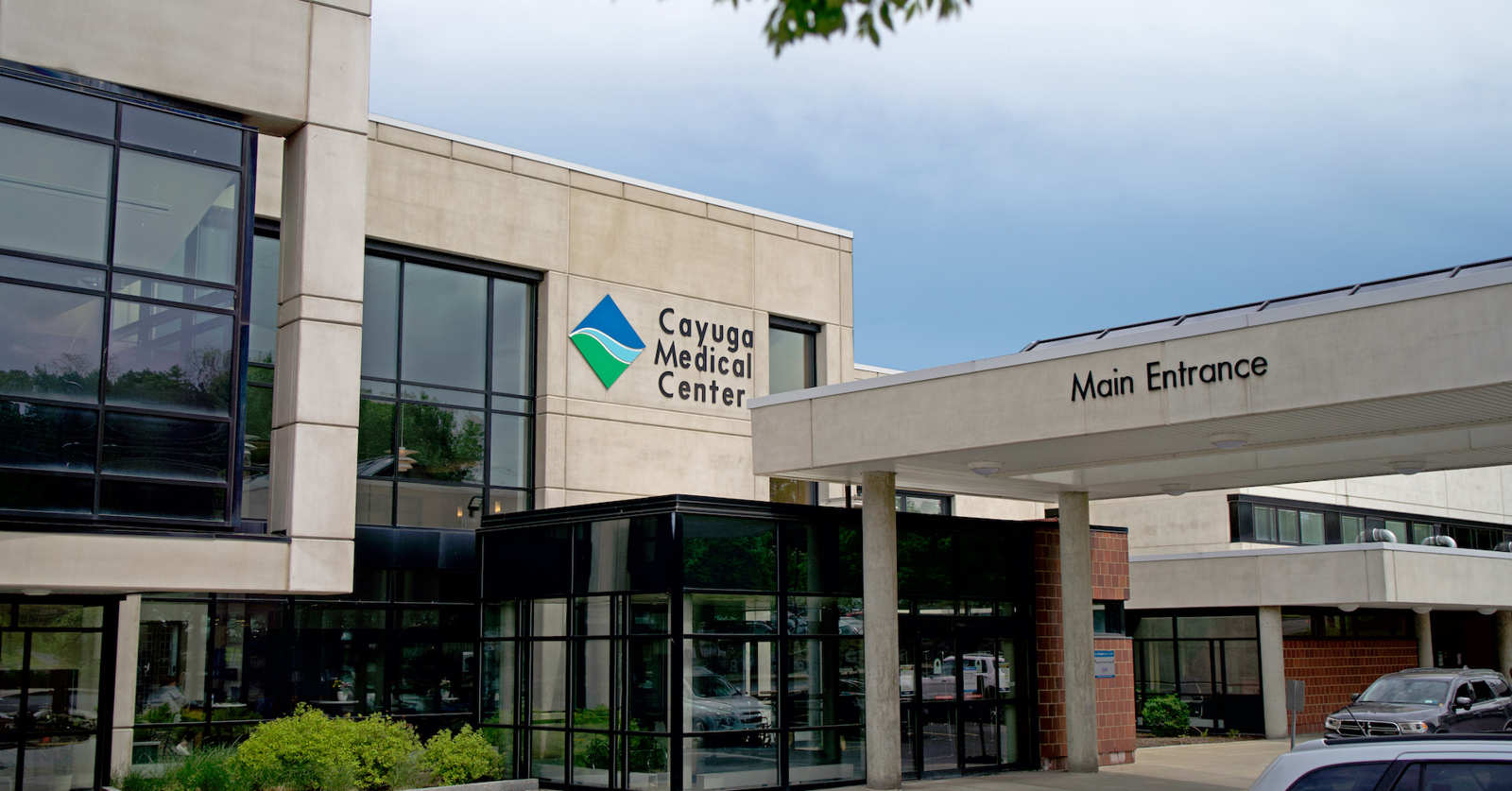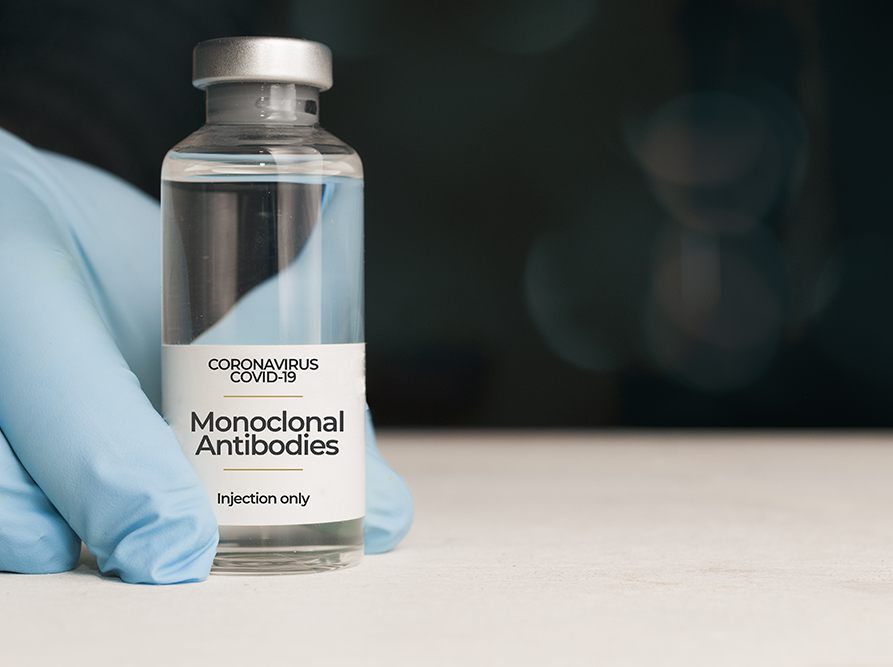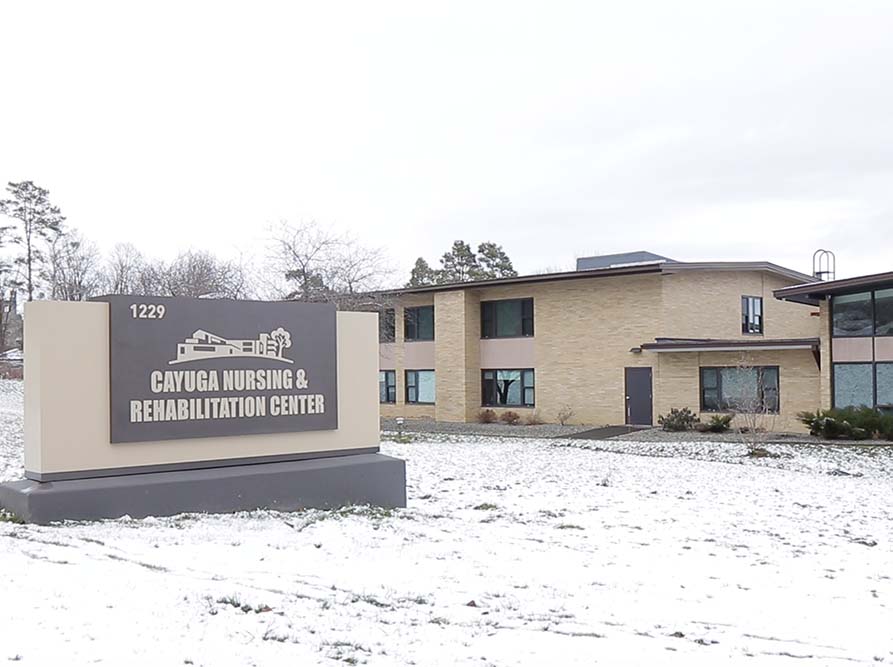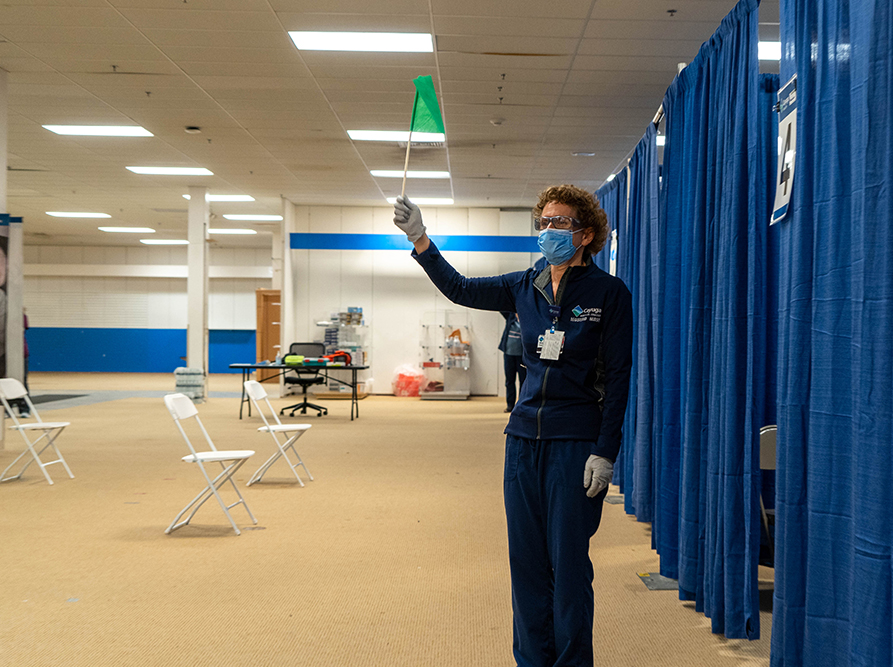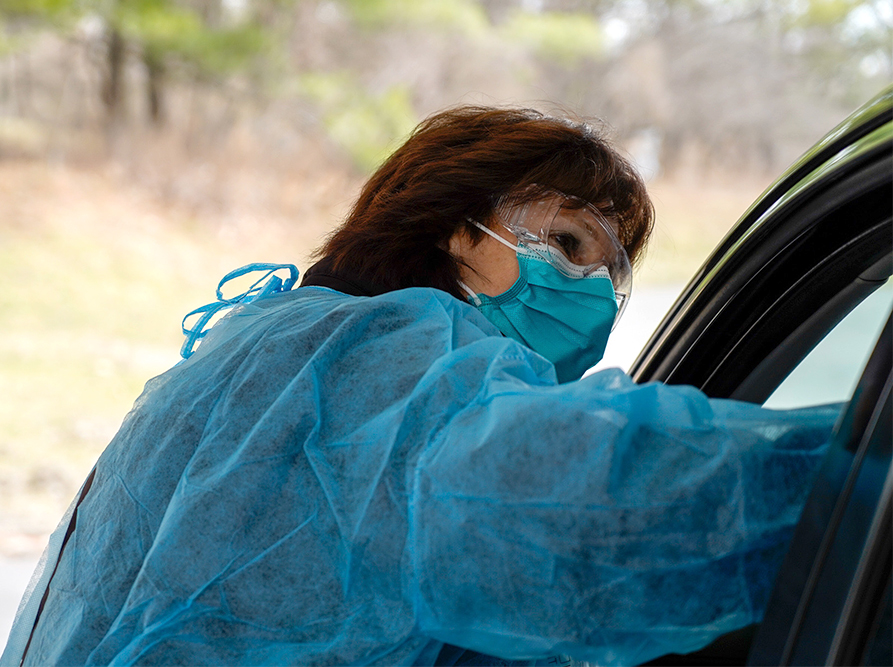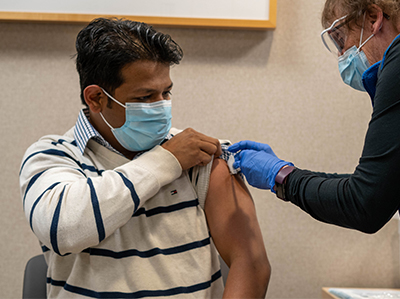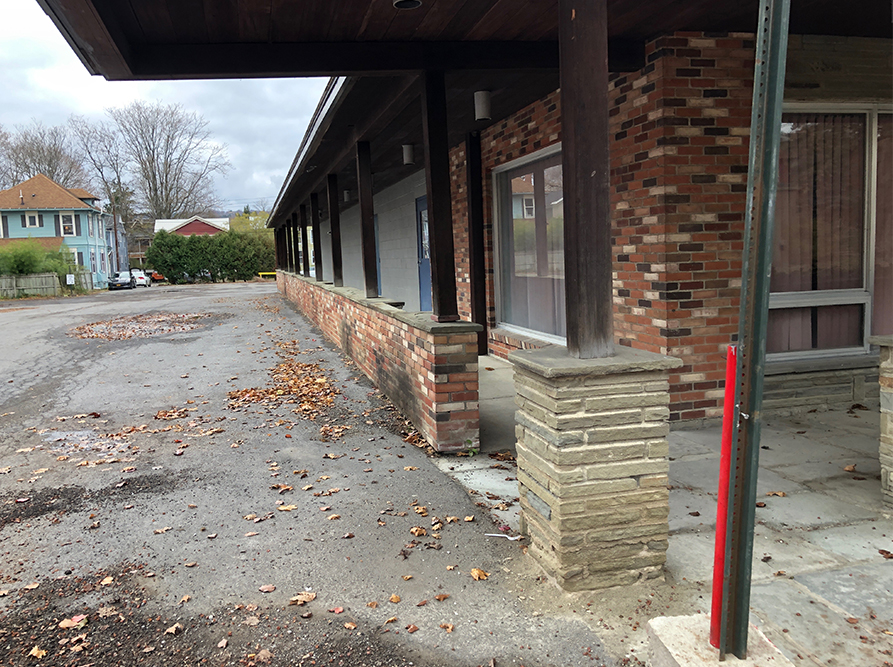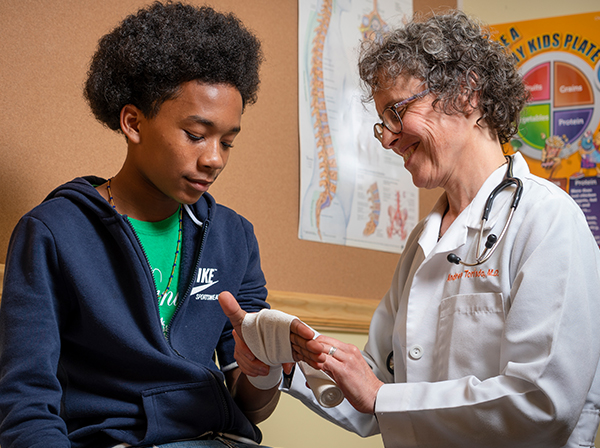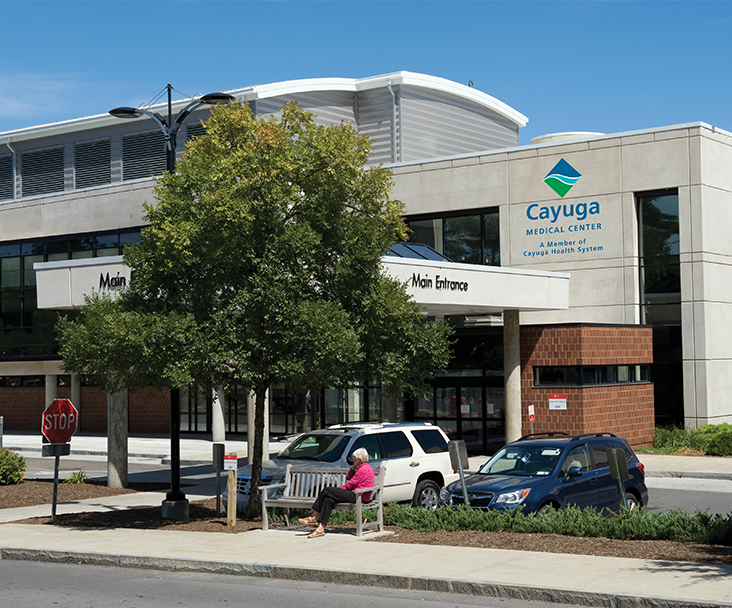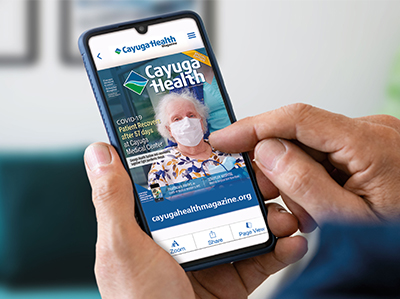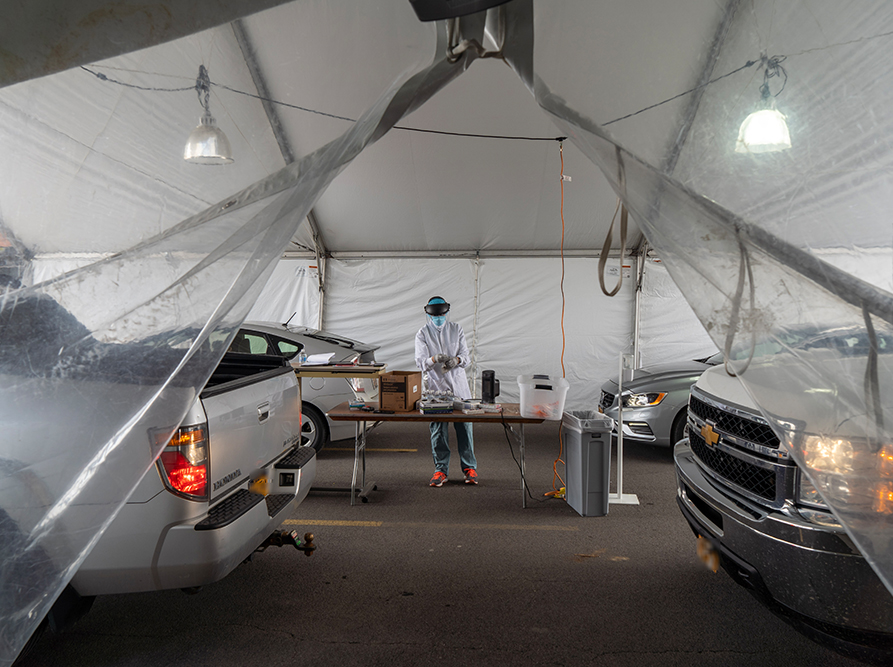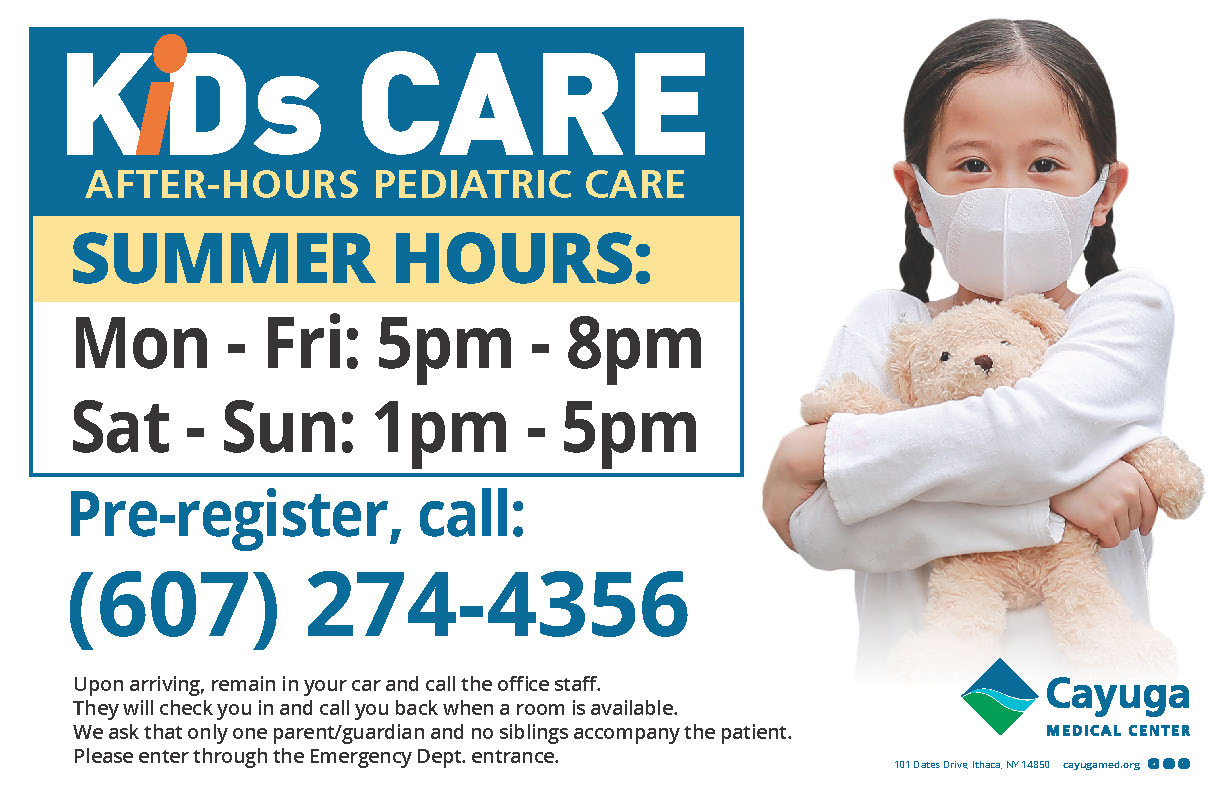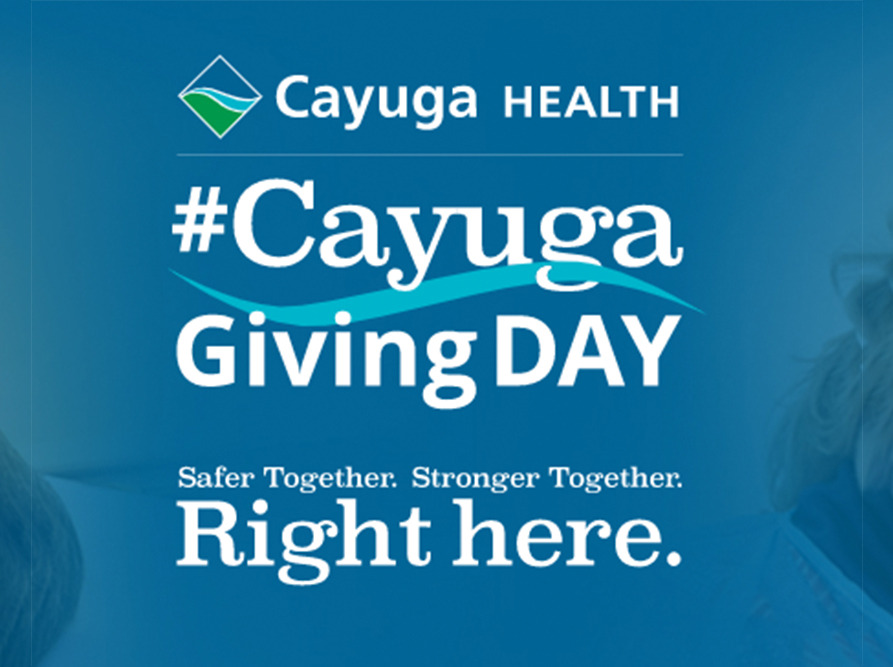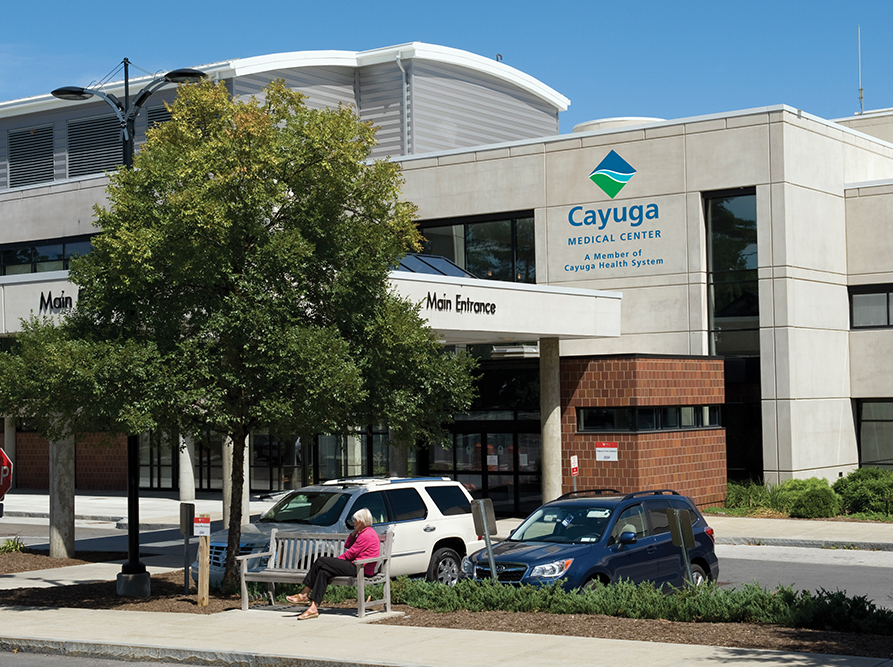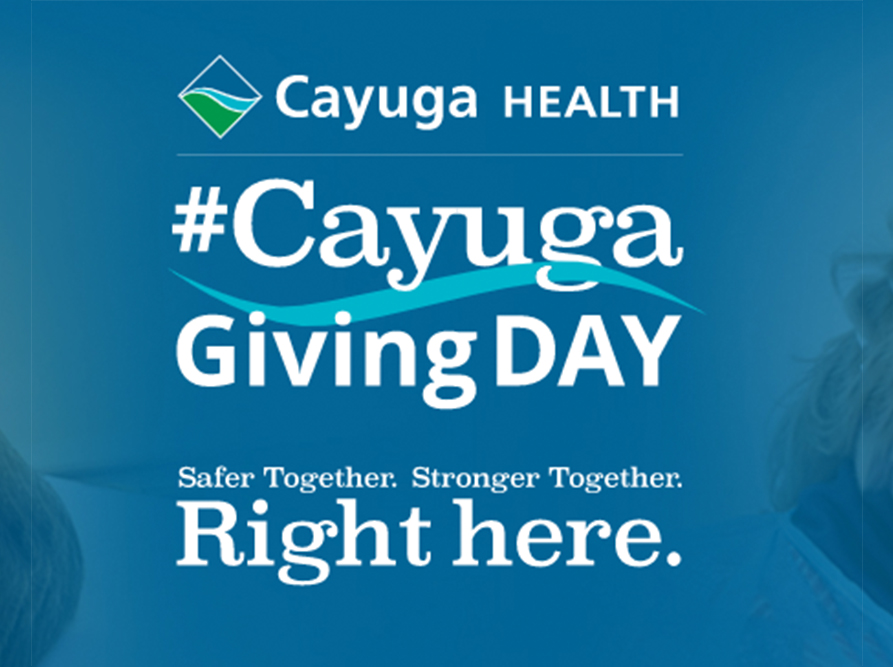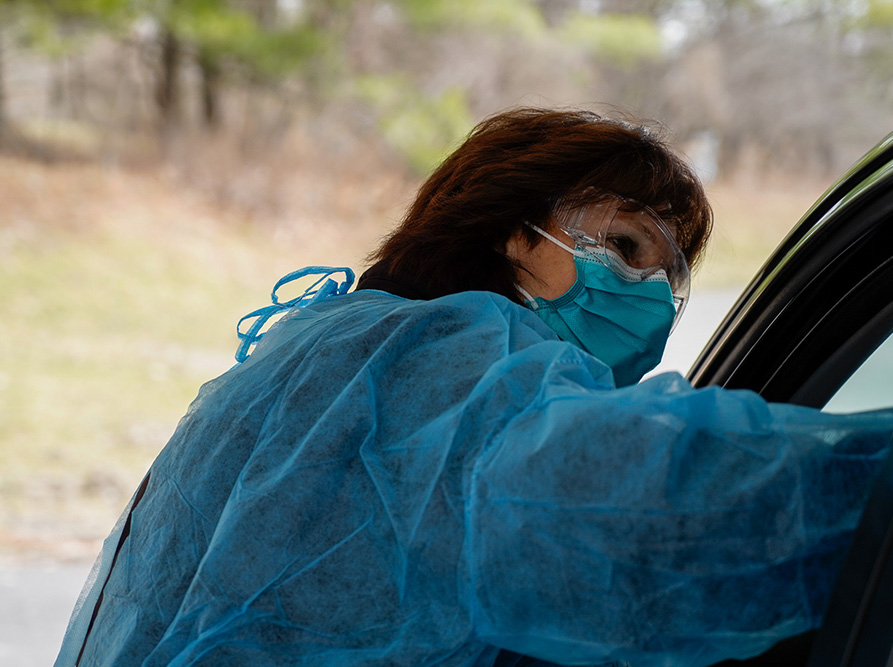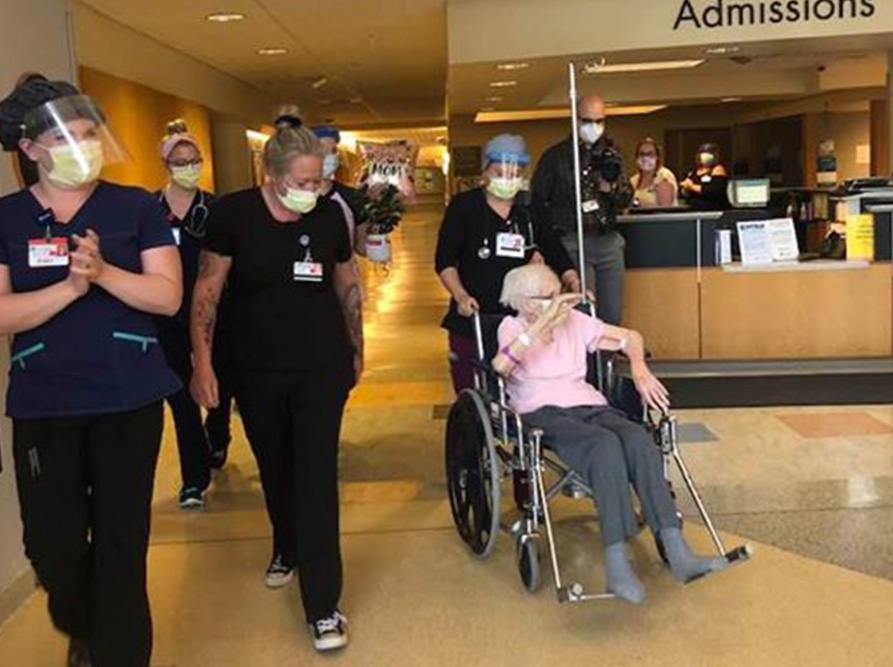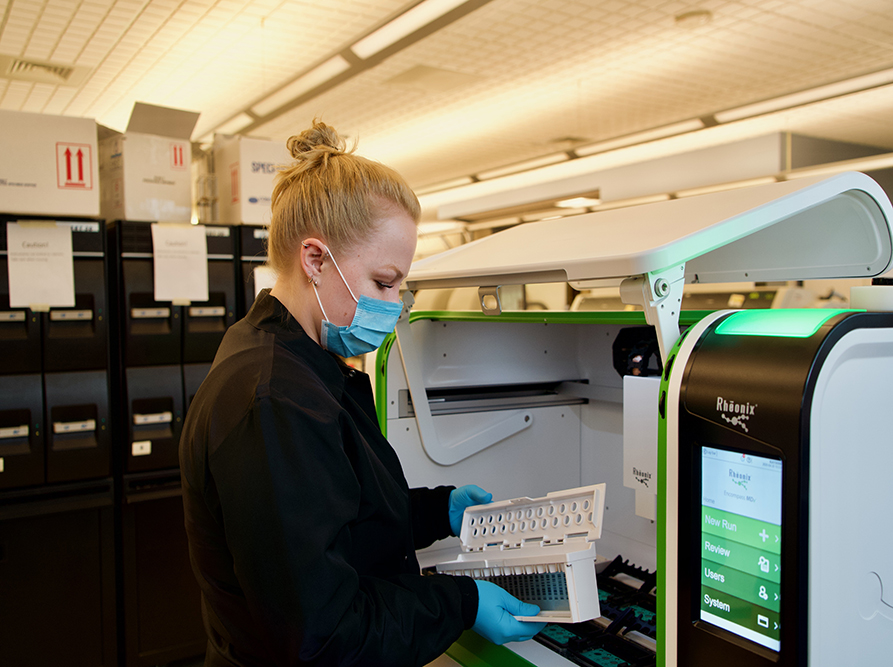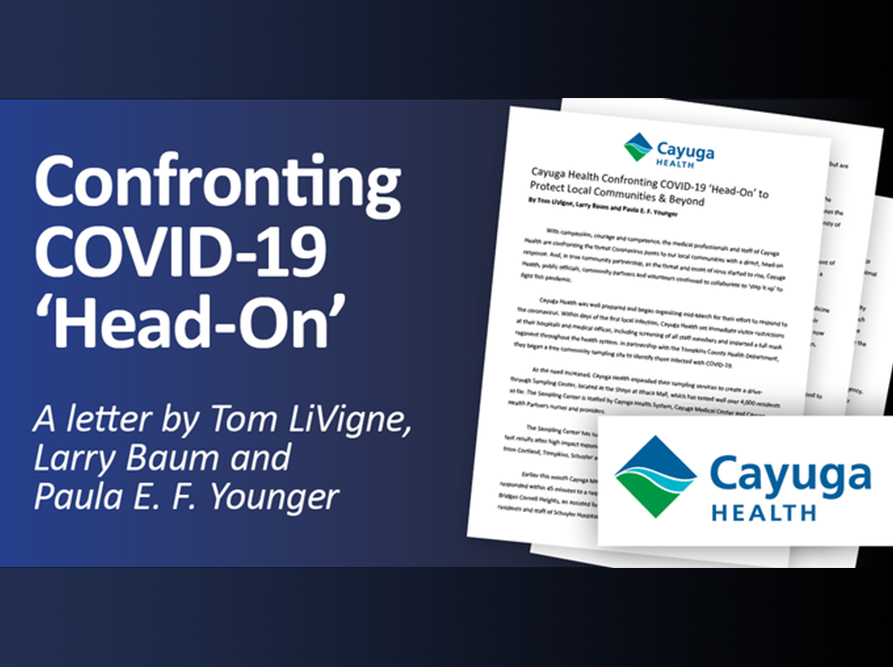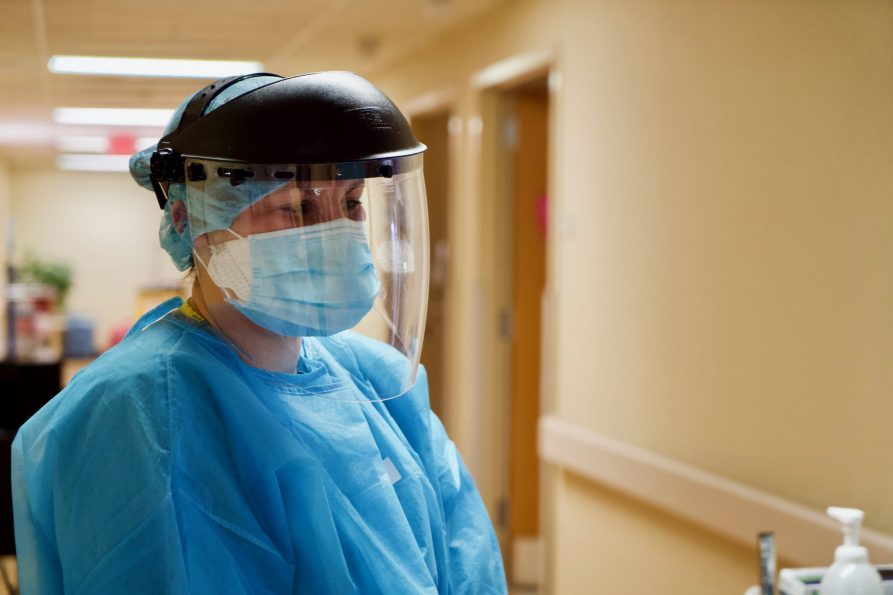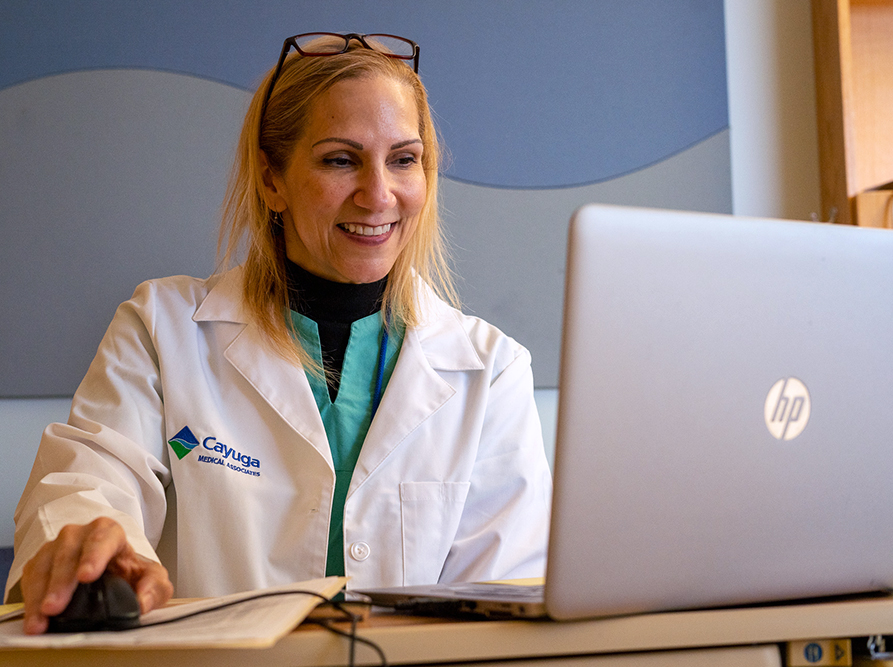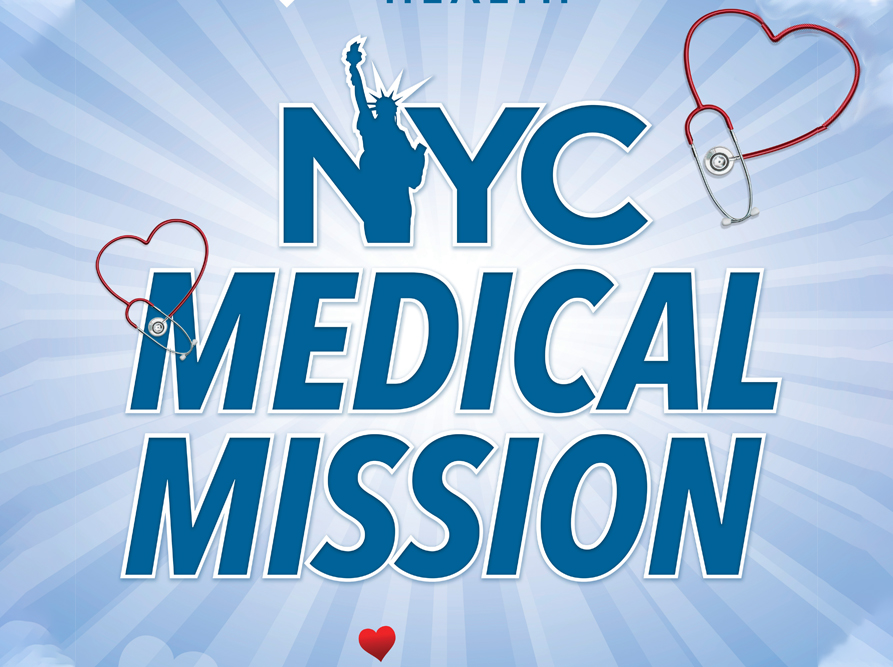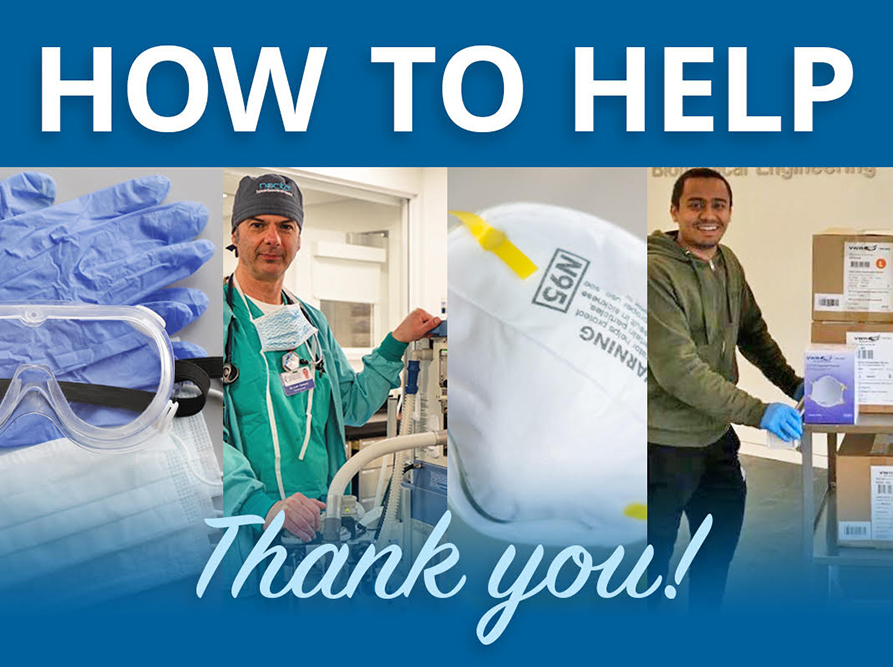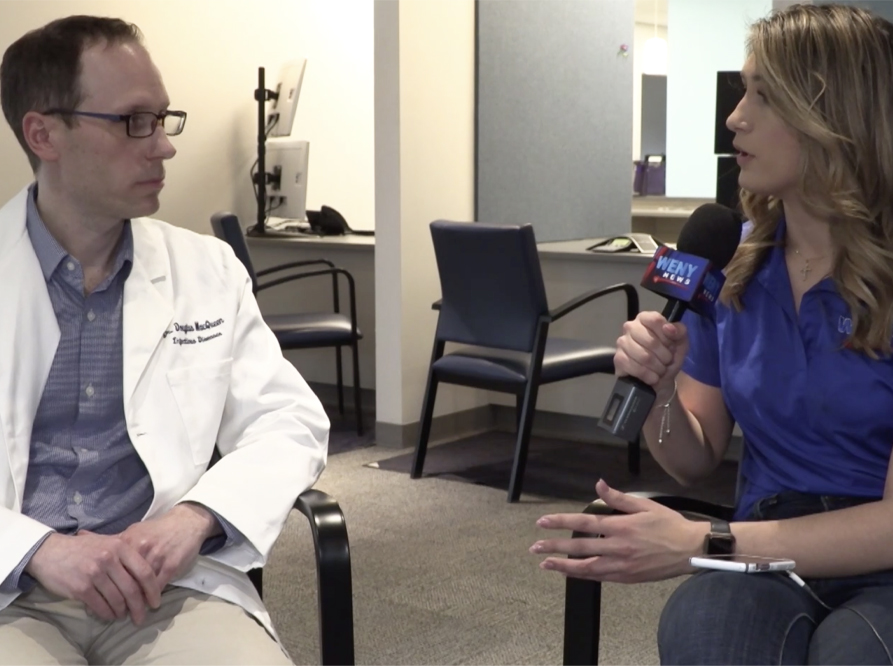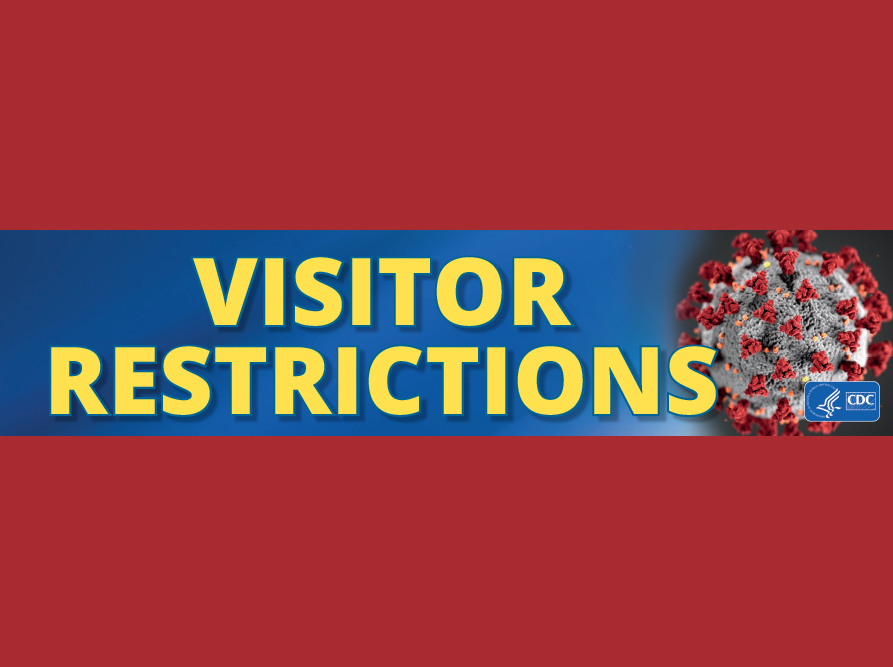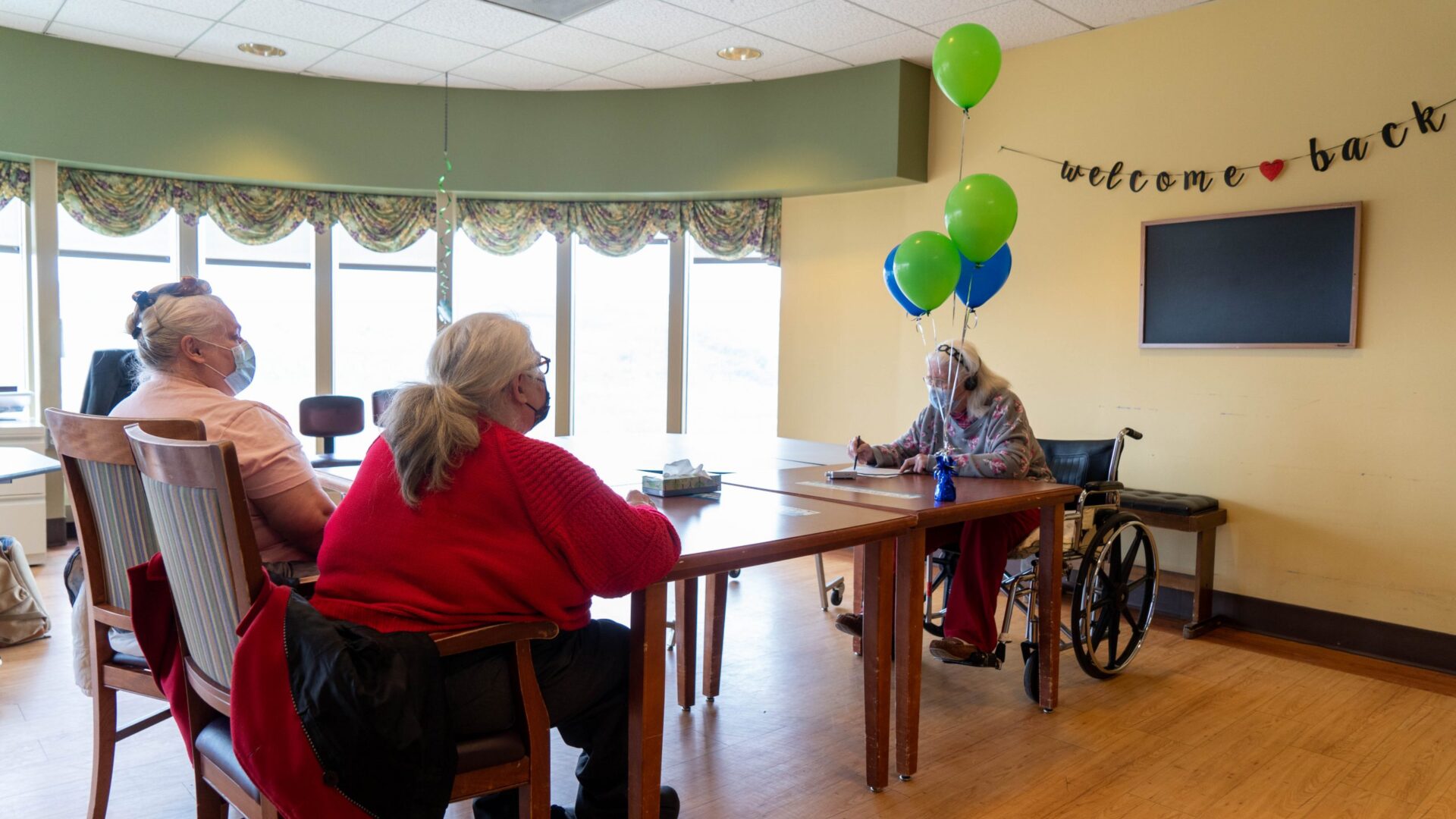This information is intended to provide our community with an update about the COVID-19 virus.
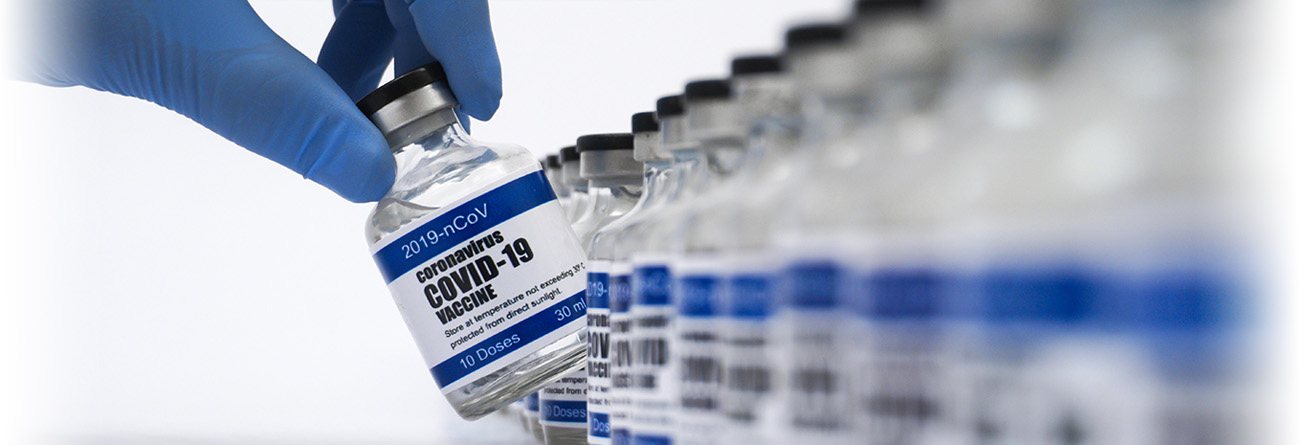
Vaccine Information
Why You Should Be Vaccinated Against COVID-19
1.) Getting the COVID-19 vaccine adds one more layer of protection for you, your coworkers, family, and your community.
2.) Building defenses against COVID-19 in your community is a team effort. You are a key part of that defense.
3.) You matter. And you play an essential role in keeping your community healthy.
Getting ‘Back to Normal’ Is Going to Take All of Us
If we use all the tools we have, we stand the best chance of getting our families, communities, schools, and workplaces “back to normal” sooner:
- Get vaccinated
- Wear a mask
- Stay 6 feet from others, and avoid crowds
- Wash hands often
Frequently Asked Questions
- Case-control studies will include cases (people who have the virus that causes COVID-19) and controls (people who do not have the virus that causes COVID-19). People who agree to participate in a case-control study will provide information on whether they received a COVID-19 vaccine or not. Experts will look to see if the cases were less likely to have received the vaccine than controls, which would show that the vaccine is working.
- A test-negative design study will enroll people who are seeking medical care for symptoms that could be due to COVID-19. In this special type of case-control study, experts will compare the COVID-19 vaccination status of those who test positive (meaning they have COVID-19) to those who test negative (meaning they do not have COVID-19).
- Cohort studies will follow people who have and haven’t had a COVID-19 vaccine for several months to see if getting vaccinated protects them from getting the disease. This can be done in real time (prospectively) or by looking back in time (retrospectively) using data that were already collected, such as information in participants’ medical records.
- Screening method assessments look at vaccination status among a group of cases (for example, cases detected through ongoing COVID-19 surveillance) and compares those cases with vaccination coverage among the overall population where those cases come from (for example people from the same state). By comparing coverage between these two groups, researchers can get an early estimate of whether a vaccine is working as expected.
- Ecologic analysis assessments look at groups of people – such as those in different geographic locations or at different times – to find out how many were vaccinated and how many were diagnosed with COVID-19. These analyses may be hard to interpret because the number of COVID-19 illnesses has changed rapidly over time and in different places.
CDC will use several methods because they can all contribute different information about how the vaccine is working.
It is the U.S. vaccine safety system’s job to make sure that all vaccines are as safe as possible. Safety has been a top priority while federal partners have worked to make COVID-19 vaccines available for use in the United States.
The new COVID-19 vaccines have been evaluated in tens of thousands of individuals, who volunteered to be vaccinated and to participate in clinical trials. The information from these clinical trials allowed the U.S. Food and Drug Administration (FDA) to determine the safety and effectiveness of the vaccines. These clinical trials were conducted according to rigorous standards set forth by FDA.
FDA has determined that the newly authorized COVID-19 vaccines meet its safety and effectiveness standards. Therefore, FDA has made these vaccines available for use in the United States under what is known as an Emergency Use Authorization
Tell the vaccination provider about all of your medical conditions, including if you:
- Have any allergies.
- Have a fever.
- Have a bleeding disorder or are on a blood thinner.
- Are immunocompromised or are on a medicine that affects your immune system.
- Are pregnant or plan to become pregnant.
- Are breastfeeding.
- Have received another COVID-19 vaccine.
The vaccine is given as an injection in the arm. Typically, the vaccine is done with two doses given weeks apart. After your first dose, you will get a vaccination card to show you when to return for your second dose. Remember to bring your card when you return.
The duration of protection from the vaccine against COVID-19 is unknown. Additional assessments of the vaccine are needed to know how often vaccination must be repeated to provide protection.
The immunity someone gains from having an infection varies from person to person. It is unknown how long someone is protected from getting sick again after recovering from COVID-19. A few cases are known where a person who recovered from a COVID infection later became re-infected with the disease. Due to the severe health risks associated with COVID-19, getting a vaccination is advisable.
Will getting vaccinated prevent me from getting sick with COVID-19?
COVID-19 vaccination creates an antibody response in your immune system that helps protect you without having to experience sickness. While many people with COVID-19 have only a mild illness, others may get a severe illness, or they may even die. There is no way to know how COVID-19 may affect you.
Approved vaccines won’t cause you to test positive on viral tests, which are used to see if you have a current infection. If your body develops an immune response, which is the goal of vaccination, there is a possibility you may test positive on some antibody tests. Antibody tests indicate you had a previous infection and that you may have some level of protection against the virus. Experts are currently looking at how COVID-19 vaccination may affect antibody testing results.
Side effects that have been reported with the Pfizer vaccine include:
- Injection site pain
- Tiredness
- Headache
- Muscle pain
- Chills
- Joint pain
- Fever
- Injection site swelling
- Injection site redness
- Nausea
- Feeling unwell
- Swollen lymph nodes
There is a remote chance that the Pfizer vaccine could cause a severe allergic reaction including difficulty breathing, swelling of your face and throat, rapid heartbeat, a rash all over your body, dizziness and weakness. Severe allergic reactions usually occur within a few minutes to one hour after getting vaccinated. If you experience a severe allergic reaction, seek medical attention or call 9-1-1
Healthcare personnel who are pregnant may choose to be vaccinated. If they have questions around getting vaccinated, a discussion with a healthcare provider might help them make an informed decision.
Currently, there are limited data available on the safety of COVID-19 vaccines for people who are pregnant. While studies have not yet been done, based on how mRNA vaccines work, experts believe they are unlikely to pose a risk for people who are pregnant. mRNA vaccines do not contain the live virus that causes COVID-19 and therefore cannot give someone COVID-19. Additionally, mRNA vaccines do not interact with genetic material DNA because the mRNA does not enter the nucleus of the cell. Cells break apart the mRNA quickly. However, the potential risks of mRNA vaccines to the pregnant person and her fetus are unknown because these vaccines have not been studied in pregnant women.
Pregnant people are at increased risk for severe illness from COVID-19
Observational data demonstrate that, while the chances for these severe health effects are infrequent, pregnant people with COVID-19 have an increased risk of severe illness, including illness that results in ICU admission, mechanical ventilation, and death. Additionally, pregnant people with COVID-19 might be at increased risk of adverse pregnancy outcomes, such as preterm births.
Key considerations pregnant patients can discuss with their healthcare provider include:
- The likelihood of exposure to SARS-CoV-2, the virus that causes COVID-19
- Risks of COVID-19 to them and potential risks to their fetuses
- What is known about the vaccine: how well it works to develop protection in the body, known side effects of the vaccine, and lack of data during pregnancy
COVID-19 vaccination considerations for people who are breastfeeding
There are no data on the safety of COVID-19 vaccines in lactating women or on the effects of mRNA vaccines on the breastfed infant or on milk production/excretion. mRNA vaccines are not thought to be a risk to the breastfeeding infant. People who are breastfeeding and are part of a group recommended to receive a COVID-19 vaccine, such as healthcare personnel, may choose to be vaccinated. If they have questions around getting vaccinated while breastfeeding, a discussion with a healthcare provider might help them make an informed decision.
Even though no safety issues arose during the clinical trials, the U.S. Centers for Disease Control and Prevention and other federal partners will continue to monitor the new vaccines for serious side effects. Monitoring can identify side effects that may not have been seen in clinical trials. If an unexpected side effect with the new COVID-19 vaccines is seen, experts can quickly study it further to determine if it is a true safety concern. Monitoring vaccine safety is critical to help ensure that the benefits of the COVID-19 vaccines continue to outweigh the risks for people who are vaccinated.
Latest COVID-19 News
Cayuga Health Teams Up with Ithaca-Based Rheonix to Provide Same-Day Turnaround For COVID-19 Testing
Seneca View Updates
what our patients are saying
“I have to say the last couple visits that I’ve had here have been wonderful. About a month ago I had an EGD and the staff were amazing! Explained everything in detail and made me feel at ease. I was very nervous and the nurse I had was very comforting. Tonight we had to take my son to the emergency room and they were awesome with him! We got right in. “
“I have been a Hemo dialysis patient for almost Five years. Prior to dialysis and during dialysis I have had several trips to the ER, due to other health issues & was admitted to CMC more than a few times. Each and every time I’ve been there, whether in patient or out, I have been treated with respect, professionalism, and efficiency. I give this hospital 2 thumbs up!! Thank you CMC for taking care of me all these years!!”
“I have had many occasions visiting CMC for myself and family. We have never had a bad experience there at all. Last October I had surgery and the nurses were amazing especially my night nurse. Thank you to all CMC staff for doing what you do every day with a smile.”
“The staff and accommodations at Cayuga Birthplace are amazing!!! This is what it I imagine it would feel like to be a celebrity getting VIP treatment. I wish I could stay longer – even the food options are 5 Star! The amenities are great. Everything is clean and designed beautifully. Not a single complaint, only praises!”
